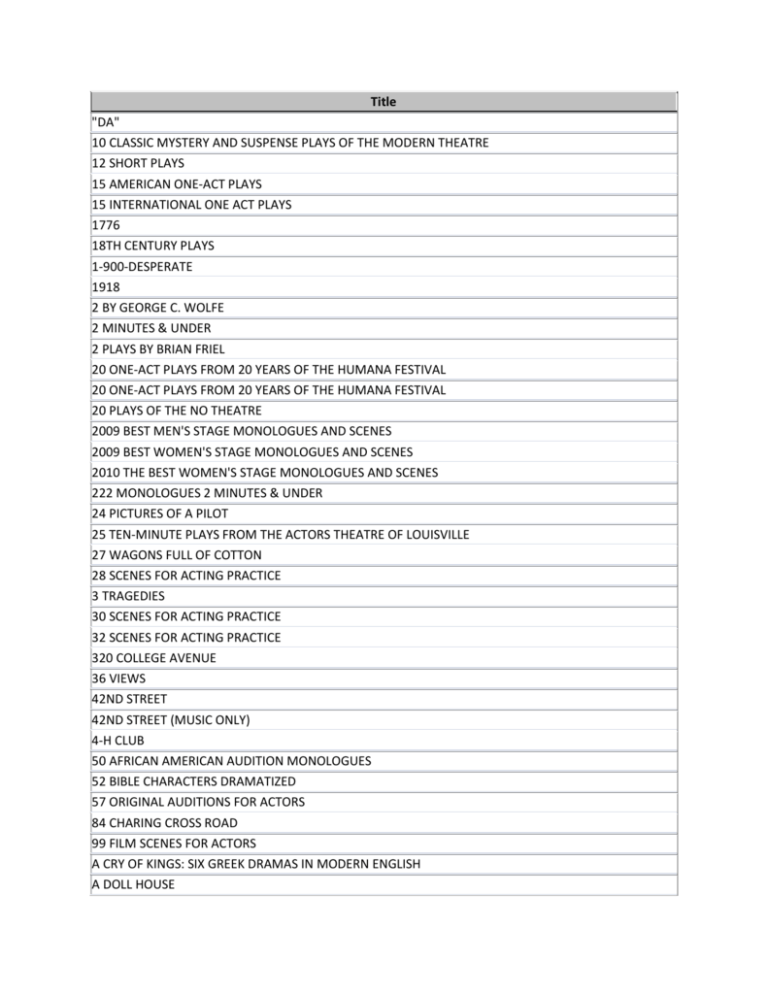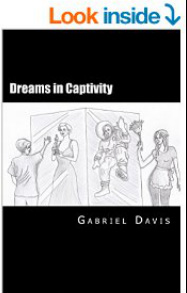
It began and ended with works having connections to Messiah, premiered in Dublin in 1742 and the reason for Dublin’s long love affair with Handel. It was given by Our Lady’s Choral Society as part of the six-day Dublin Handel Festival organised by the Temple Bar Cultural Trust.īravely, the programme featured a welcome airing for lesser-known music.


This was a concert to mark the 250th anniversary of the death of Handel on April 14th, 1759. Until April 18, then returning from April 27 to May 2 As he exists now, he suffers from the same problem as all of the killers in this show, who, more than their victims, seem barely alive. This murderer, one suspects, belongs to the play Mulcahy ought to write, a much deeper mystery that could be fleshed out through dialogue and drama. Yet the character – unrepentant in word and manner for the killing of his raped sister – is more public polemic than private man. Mulcahy’s moral outrage is seethingly clear, and her research into the honour-killing phenomenon, Jordanian prison terms and hardline Islamic rationales is unswervingly precise. Unbalanced by the broader strokes, though, it is hard to know what to make of our last slayer, Mustafa Al Shalobi (Hamza Firdous), perpetrator of an “honour” killing in Jordan. The most psychological detail we get comes, bizarrely, through an engaging comic performance from Diane Jennings as a homicidal version of Pippi Longstocking (from the high window, with the gentle push), who has a penchant for torturing squirrels. Her own Pam Lampe (in the mansion, with the lesbian lover) is a cocktail-lounge femme fatale,and while Eugene Leary’s eurosceptic farmer (in the German holiday home, with the pitchfork) seems to suggest a desire for social relevance, there’s something weirdly impersonal about the entire exercise, as though a commentary piece is being inserted into each character’s mouth.

Real people don’t do psychological stripteases and Mulcahy, who also directs and performs, seems unwilling to shed his layers. Though his story is based on a real case, our first killer, a tweed-suited psychopath with a cut-glass accent (in the hotel room, with the riding crop), seems among the least believable. Seven may be a good number for deadly sins, but while Murder Monologueshas an admirable brevity, its gallery of rogues suffers, understandably, from overkill. People are more interesting for what they conceal, how they delude themselves as much as the authorities, and these confessionals cast the audience not as witness but as court reporter. Inevitably, this approach lacks drama (so do most monologue plays), but it also lacks psychological complexity. Each speaker is neatly compelled, apropos of little but format, to divest himself or herself of the precise method, means and motive, like the chief suspect at the end of an Agatha Christie adaptation when the jig is finally up.

Jane Mulcahy’s monologue play for Plastic Theatre, in which seven killers dutifully report what they dun and why they dun it, lies somewhere between the two phenomena. With the candlestick.) Modern crime writers instead shifted their attentions to the whydunnit, a greater and somehow fresher font of mystery, which could never be satisfactorily resolved. A selection of reviews by Irish TimescriticsĮventually, the whodunnit genre reached its last revelation.


 0 kommentar(er)
0 kommentar(er)
